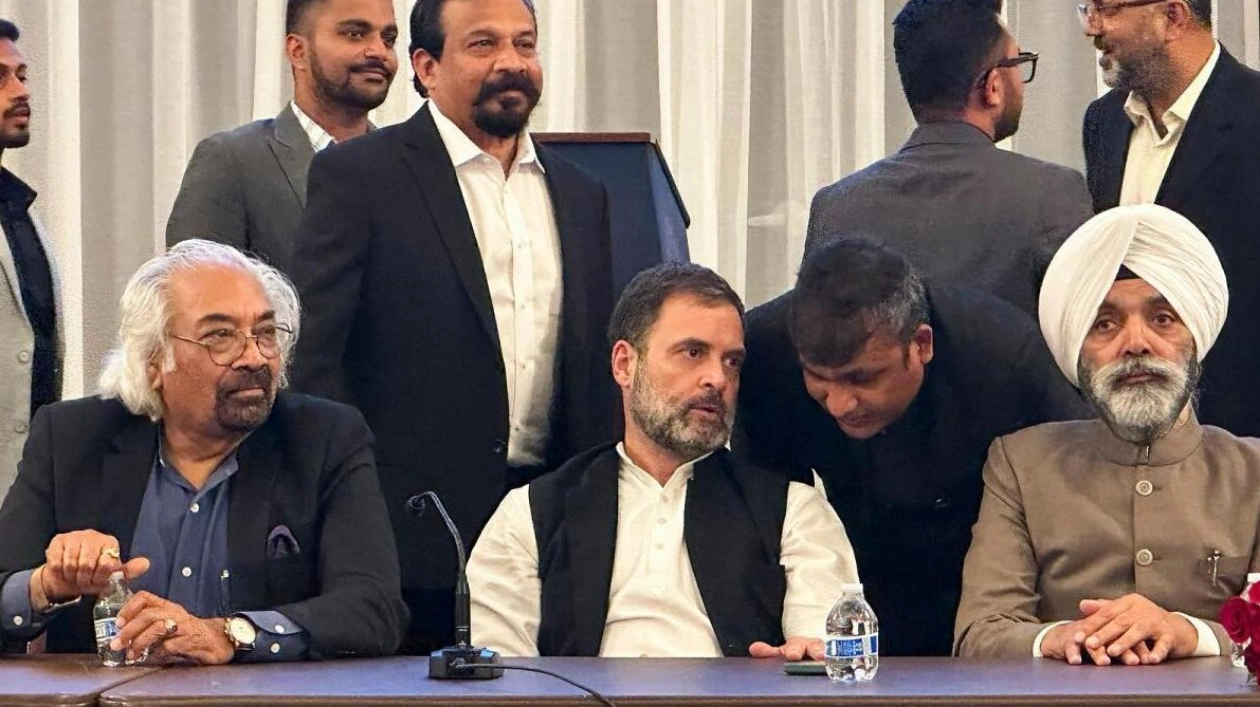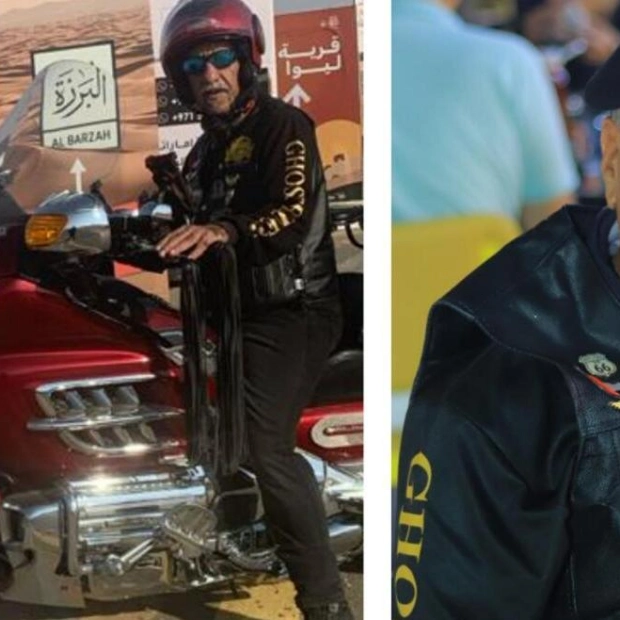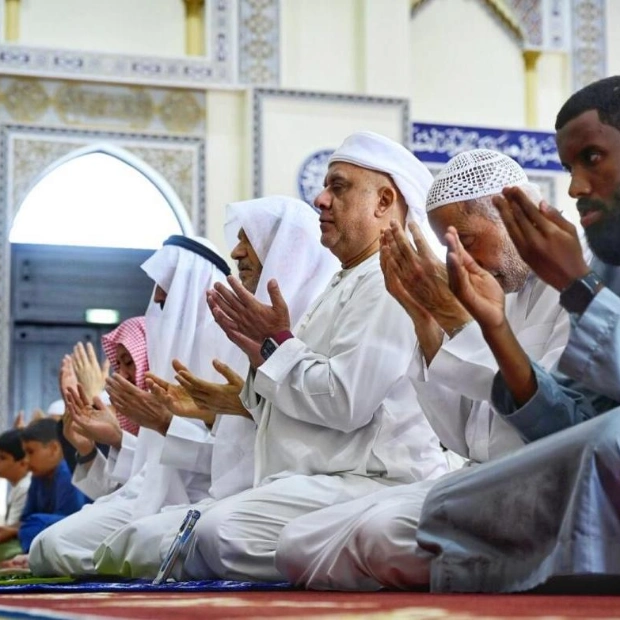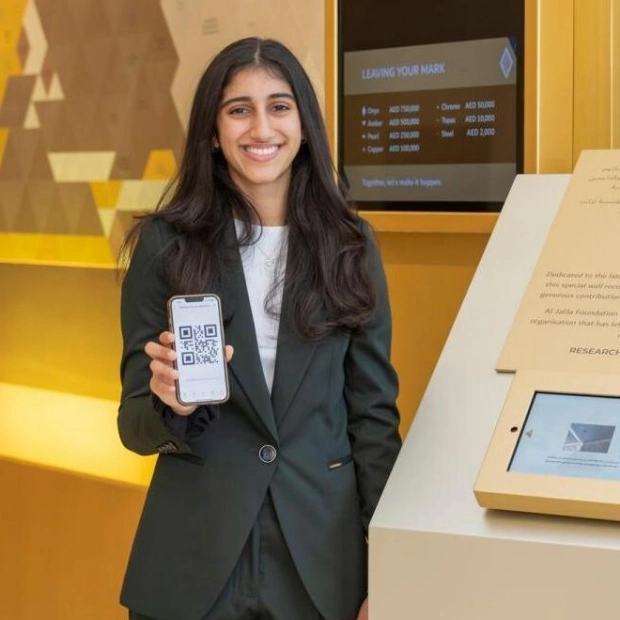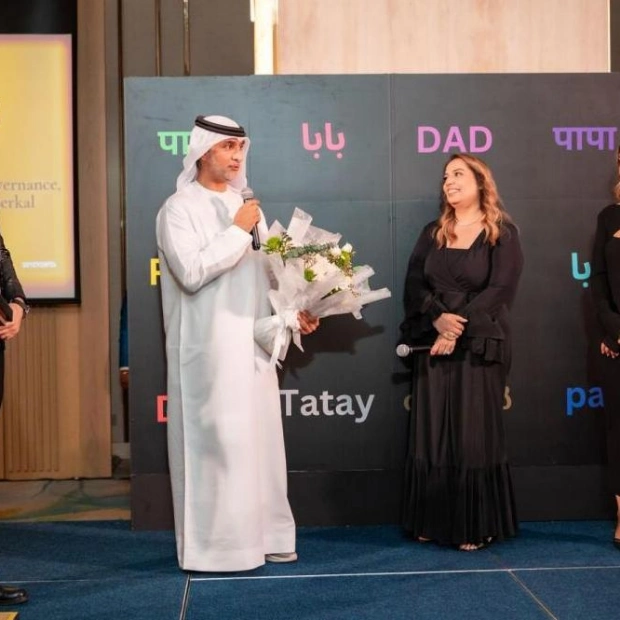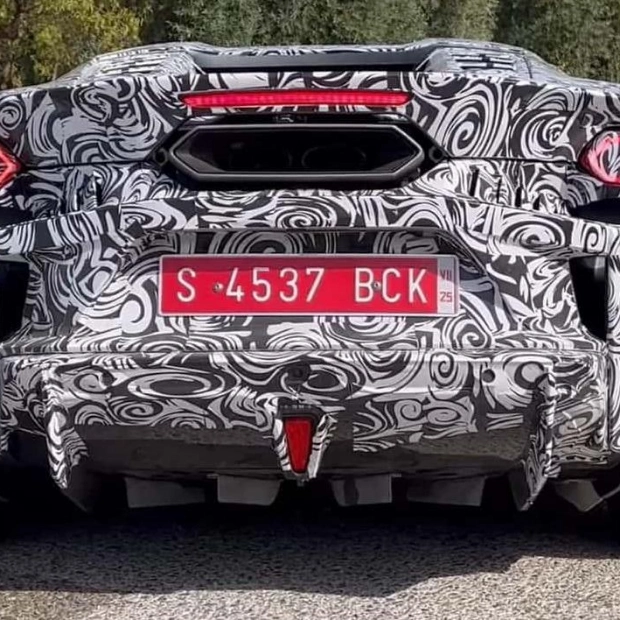India's opposition leader Rahul Gandhi stated on Tuesday that he does not consider this year's two-month general elections to be a free exercise, but rather a structured process designed to give an advantage to Prime Minister Narendra Modi, without providing evidence. However, Modi faced an unexpected setback as the opposition made significant gains, resulting in the Bharatiya Janata Party (BJP) losing its outright majority and being forced to seek coalition partners for the first time in a decade to maintain power.
"They (BJP) had a substantial financial advantage and had locked our bank accounts," Gandhi said during an event at Georgetown University in Washington. "The Election Commission was acting in accordance with their wishes. The entire campaign was structured to allow Mr. Modi to campaign across the country," he added. "I do not view it as a free election. I see it as a controlled election." Gandhi further stated, "I do not believe that in a fair election, the BJP would come close to winning 240 seats. I would be surprised."
Modi's BJP secured 240 seats independently, falling short of the 272 needed for a majority in the 543-member lower house of parliament, but managed to form the government as his 15-party National Democratic Alliance (NDA) won a total of 293 seats. The opposition INDIA alliance, led by Gandhi's centrist Congress party, won 230 seats, with the Congress itself securing 99 seats. The Election Commission did not respond to these comments.
In response, Agricultural Minister Shivraj Singh Chouhan accused Gandhi of attempting to tarnish the nation's image, describing his actions as treasonous. "Due to being defeated consecutively for the third time, anti-BJP...anti-Modi sentiments have taken root in his mind," Chouhan told reporters. "He is persistently trying to damage the country's image, which is equivalent to treason."
In the weeks leading up to the vote, Gandhi's Congress party received income tax notices demanding payments of approximately Rs35 billion ($417 million), which they initially described as politically motivated. They were eventually granted time to resolve these payments until after the election. The allegation that the voting process was not entirely free is not unprecedented, with the Congress and some opposition alliance partners previously accusing the voting machines of being tampered with since Modi's victory in 2014. The Election Commission has consistently denied these claims, asserting that its systems are secure and cannot be tampered with. India's Supreme Court has also dismissed petitions calling for a return to the old ballot system.
